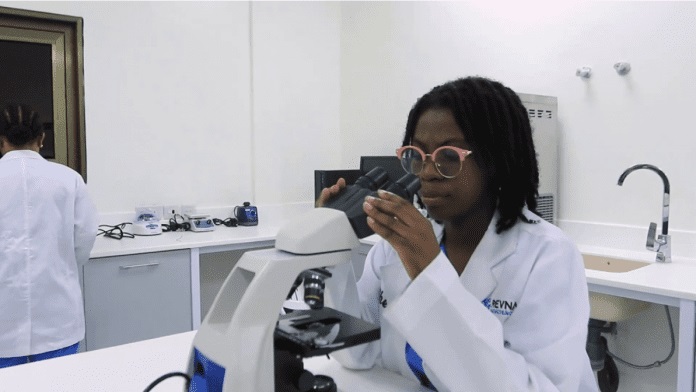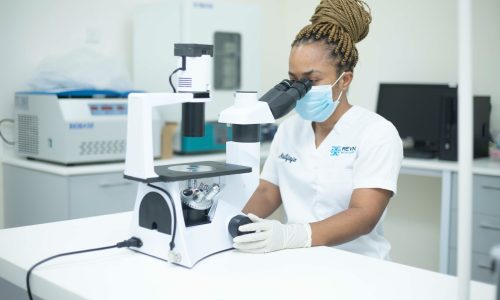Genomic research has emerged as a transformative field, revolutionizing our understanding of human health and genetics. In recent years, Ghana has positioned itself as a leading hub for genomic research on the African continent. With a growing number of research institutions, passionate scientists, and collaborative efforts, Ghana is at the forefront of harnessing the power of genomics to improve healthcare outcomes, advance scientific knowledge, and address unique genetic challenges within the population. In this blog post, we delve into the realm of genomic research in Ghana, exploring its significance, achievements, challenges, and future prospects.
Genomic research aims to unravel the genetic underpinnings of diseases, understand population diversity, and develop personalized medicine approaches. In Ghana, genomic research plays a pivotal role in addressing health disparities, identifying genetic risk factors, and implementing targeted interventions. By studying the unique genomic makeup of the Ghanaian population, researchers can uncover genetic variations that may contribute to the prevalence of certain diseases, such as sickle cell disease, hypertension, and diabetes. This knowledge provides a foundation for tailored prevention strategies, more accurate diagnostics, and precise treatments, ultimately improving health outcomes for Ghanaians.
Ghana has witnessed remarkable accomplishments in the field of genomic research. The establishment of cutting-edge research institutions, such as the West African Genetic Medicine Centre (WAGMC), Noguchi Memorial Institute for Medical Research, and Revna Biosciences have paved the way for groundbreaking studies. One notable achievement is the Ghana H3Africa Initiative, a collaborative effort between local and international researchers. This initiative focuses on investigating genetic and environmental factors contributing to non-communicable diseases in the Ghanaian population. Through comprehensive genomic analyses, researchers have identified genetic risk variants associated with diseases like breast cancer, prostate cancer, and malaria susceptibility.
Another noteworthy accomplishment is the successful implementation of precision medicine initiatives in Ghana. By integrating genomic data into clinical practice, healthcare providers can make more informed decisions regarding treatment options, drug efficacy, and dosage adjustments. This personalized approach optimizes patient outcomes, minimizes adverse reactions, and reduces healthcare costs. Genomic research has also played a crucial role in advancing infectious disease surveillance, aiding in the rapid identification and containment of outbreaks.
Despite the significant progress, genomic research in Ghana faces several challenges. Limited funding remains a major hurdle, hindering the scale and sustainability of research initiatives. Infrastructure gaps, such as inadequate laboratory facilities and a shortage of high-throughput sequencing platforms, pose further obstacles. Capacity building and training of local researchers in genomics and bioinformatics are also crucial to ensure long-term success.
However, Ghana is proactively addressing these challenges. The government, in collaboration with international partners, is increasing investments in genomics research, fostering partnerships, and providing training opportunities. Additionally, community engagement and the inclusion of diverse populations in genomic studies are essential to ensure equitable representation and avoid bias.
The future of genomic research in Ghana is promising. Continued efforts to expand genomics infrastructure, establish national databases, and promote interdisciplinary collaborations will further enhance research capabilities. With an increasing emphasis on data sharing, ethics, and privacy, Ghana can serve as a model for responsible genomic research and contribute valuable insights to global scientific endeavors.
Genomic research in Ghana represents a significant leap forward in understanding the genetic landscape of the country and addressing healthcare challenges specific to its population. Through collaborations, technological advancements, and a commitment to inclusivity, Ghana is making great strides in unlocking the potential of genomics for precision medicine, disease prevention, and improved healthcare outcomes. As genomic research continues to evolve, the impact on the health and well-being of Ghanaians will be profound, paving the way.



